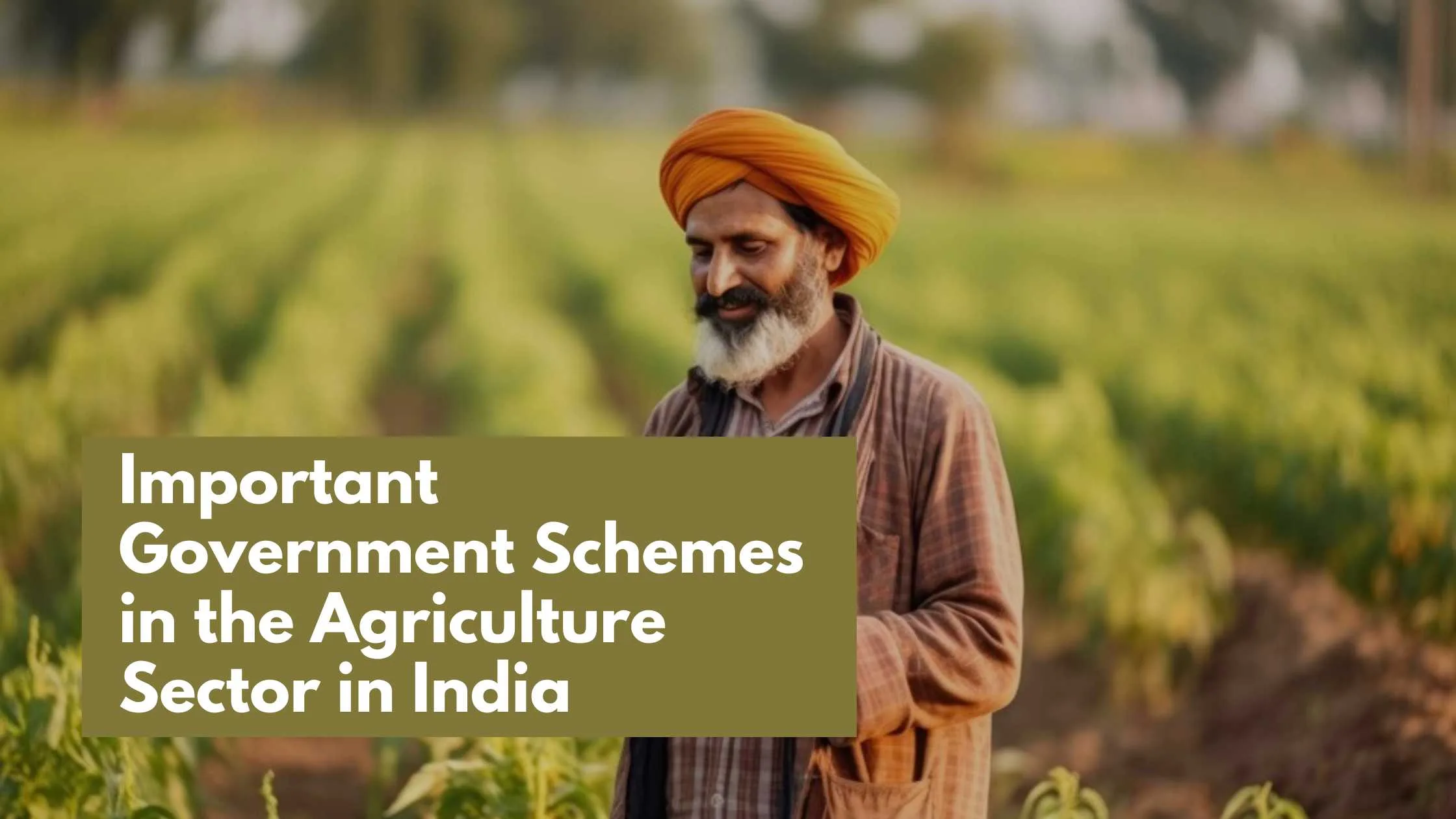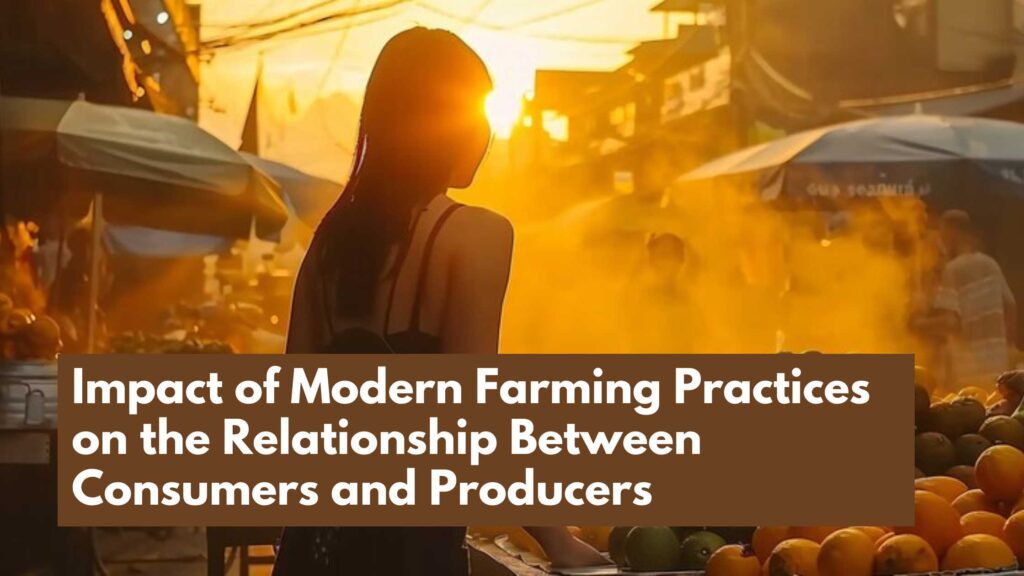Introduction
Agriculture plays a vital part in building the economy of any country. The government initiates many government schemes for agriculture in India to support farmers and maximize farm output while generating employment in the agriculture sector. These schemes aim to develop innovative services that increase the employment rate and enhance agricultural output.
Need for Government Schemes for Agriculture in India
The schemes introduced by the government intend to provide better livelihood and welfare for its citizens. The majority of the population in India is working in agriculture and its allied sectors. Thus, it’s an essential practice in agricultural countries like India. Many government schemes are also running to promote ‘Rainwater Harvesting in India.’ Read further to know more about it.
Schemes related to organic farming aim to promote sustainable livelihood and agriculture. Because organic farming is the demand of the time, the government has initiated some agricultural schemes specifically promoting organic farming practices.
Important government schemes in the agricultural sector in India
Here are some essential government schemes initiated in India to promote farming. Moreover, the schemes aim to help the farmers in agricultural-related areas such as irrigation, providing capital and loans so they can conduct these activities efficiently.
Pradhan Mantri Krishi Sinchai Yojana (PMKSY)
This is a scheme initiated by the government to ensure the conservation and management of water in the agricultural sector. Moreover, it aims to Improve water use efficiency and provide end-to-end solutions for irrigation, field applications, and activities.
Paramparagat Krishi Vikas Yojana (PKVY)
This initiative started in 2015 to promote organic farming in India. In this scheme, farmers form clusters and groups to take organic farming methods across large areas of the country.
Pradhan Mantri Fasal Bima Yojana (PMFBY)
It is a government-sponsored crop insurance scheme for farmers. It provides insurance coverage and financial support to farmers in case of crop failure due to natural calamities, pests, and diseases.
Gramin Bhandaran Yojana
This is a scheme to meet the requirements of storage of farming produce. The scheme aims to provide allied scientific storage capacity in rural areas. In addition, it also includes standardization and quality control to improve marketability.
Pradhan Mantri Kisan Maan-Dhan Yojana (PM-KMY)
It is a welfare scheme for small and marginal farmers. The scheme provides monthly income to farmers above the age of 60 years.
PM Kisan Samman Nidhi Yojana
The scheme provides income support to all land-holding Indian farmers. This scheme aims to transfer an annual income to farmers’ accounts to help them meet agricultural expenses such as buying farm equipment.
Micro Irrigation Fund scheme
Most farmers depend on rainwater for irrigation; this scheme is to make them self-reliant for their irrigation needs. The government expands the coverage of irrigation facilities under this scheme.
E-NAM
It is an electronic marketing portal to promote uniformity among agriculture markets. It’s a scheme to eliminate the role of intermediaries in markets to offer competitive prices to farmers for their produce.
Kisan Credit Card (KCC)
This scheme was launched in 1998 and provides credit card facilities to farmers. The scheme intends to provide enough credits to farmers for agricultural expenses.
National Mission for Sustainable Agriculture (NMSA)
The mission is to make agriculture a sustainable and profitable business for farmers. This scheme helps farmers to use modern technologies in farming to increase yield.
Conclusion
Agriculture and farmers are crucial parts of any country. It is a critical practice with too many hurdles, especially in developing countries like India. To address these challenges, the government introduces various government schemes for agriculture in India to support farmers. These schemes help farmers adopt better agricultural practices and conduct them in the easiest and most productive ways.




It’s reassuring to know that the government is actively involved in implementing schemes to address the challenges faced by farmers in India.
Learning about the important government schemes in India’s agricultural sector highlights the commitment to uplifting rural communities.
The need for government agriculture schemes is undeniable – it’s encouraging to see efforts being made to support farmers.
Reading about the important government schemes in India’s agricultural sector makes me hopeful for the future of farming.
It’s great to see the government recognizing the need for agriculture schemes – farmers are the backbone of our nation!
These schemes are a lifeline for many farmers – well presented!
The need for agricultural schemes is well-explained, and the examples provided are great.
This post highlights the essential role of government schemes in agriculture.
It’s inspiring to see the government’s commitment to supporting farmers.
The list of important government schemes for agriculture is very helpful.
Understanding the need for these schemes is crucial, and this post covers it well.
The importance of these agricultural schemes cannot be overstated – excellent article!
This post sheds light on the significant government schemes in India – very useful!
The need for government intervention in agriculture is clearly explained.
It’s wonderful to see how these schemes are benefiting the agricultural sector.
The details on important schemes are very informative – great read!
Government support is crucial for agriculture, and this post explains it well.
This post provides a comprehensive list of vital agricultural schemes in India.
The explanation of why we need government agriculture schemes is very enlightening.
It’s great to learn about the important government schemes supporting Indian farmers.
This post does a fantastic job highlighting the need for government agriculture schemes in India!